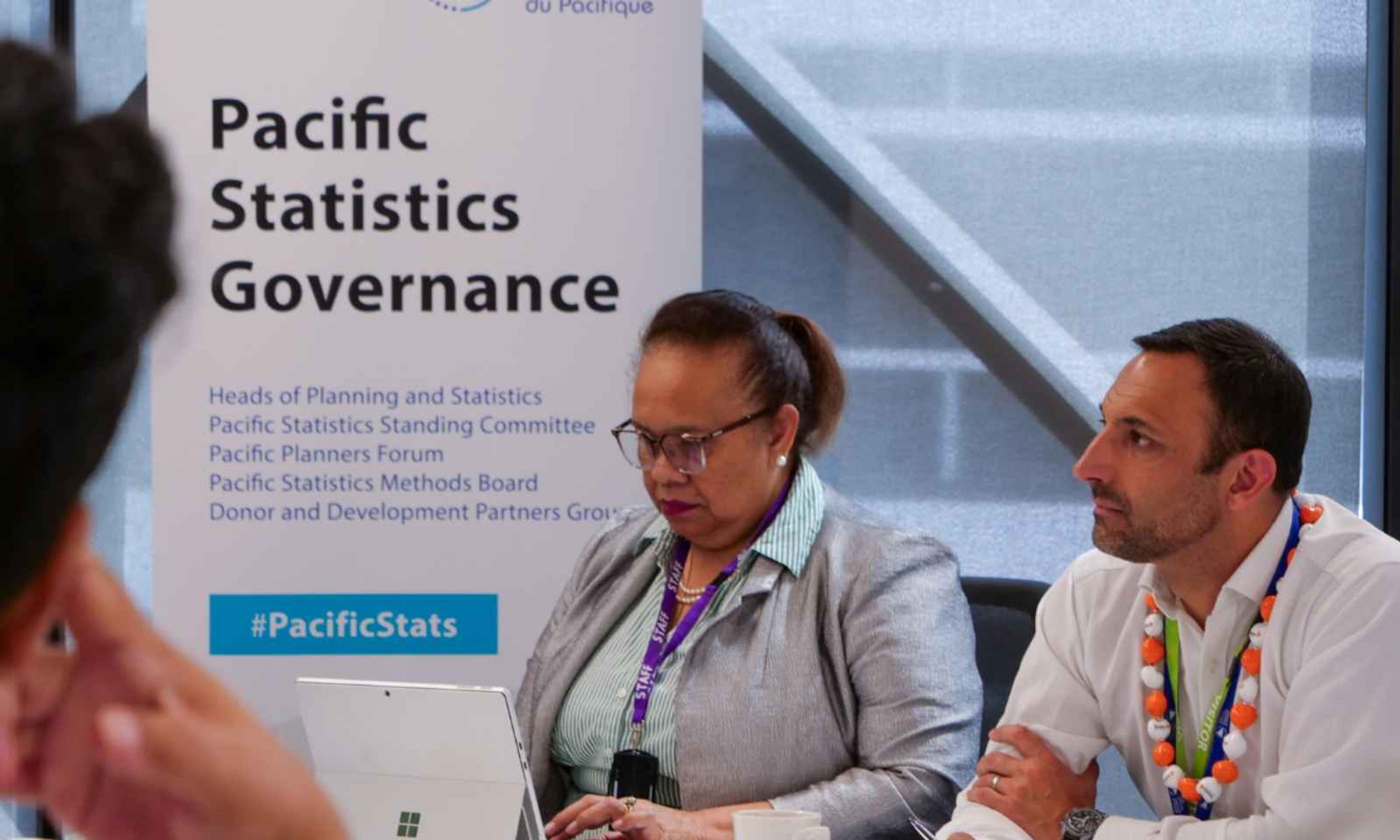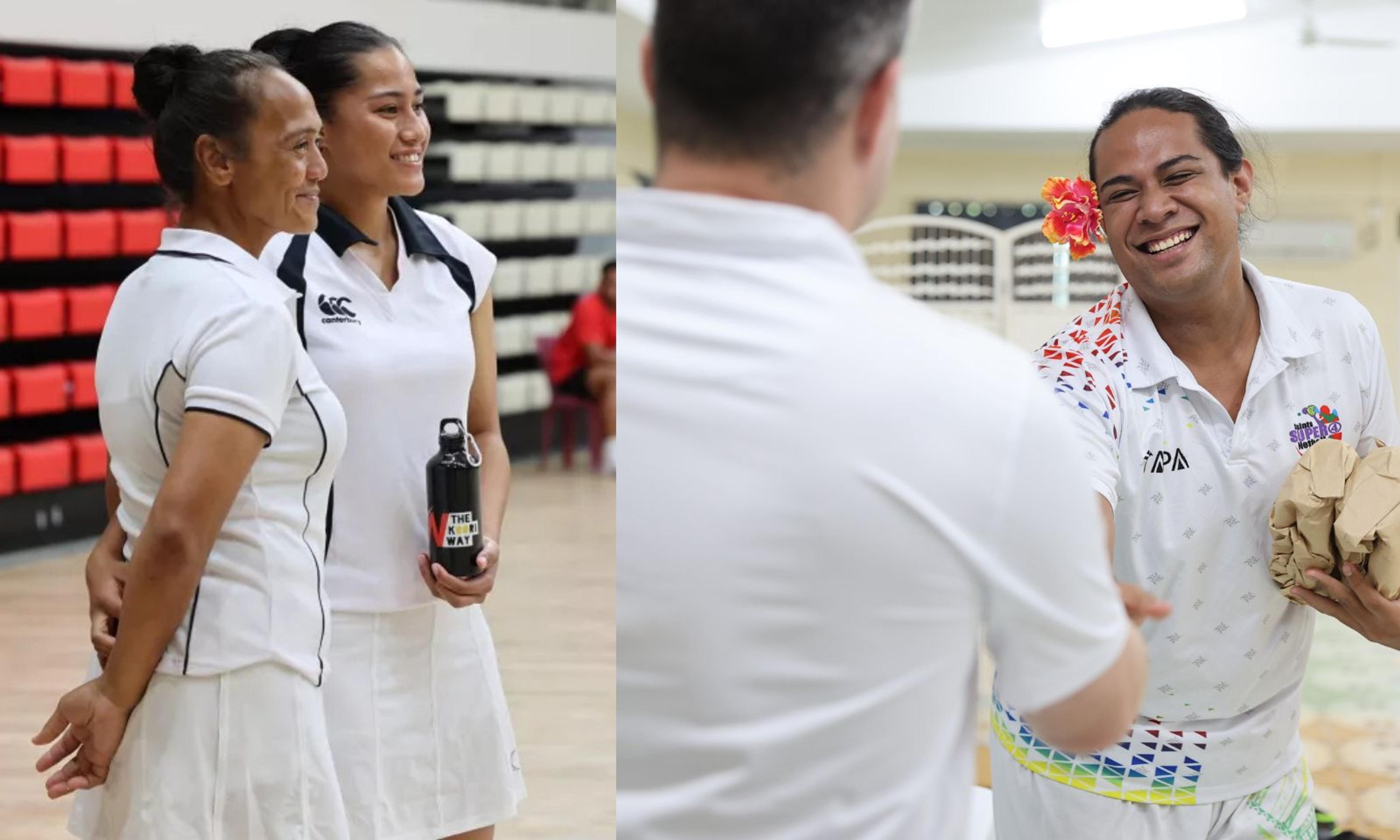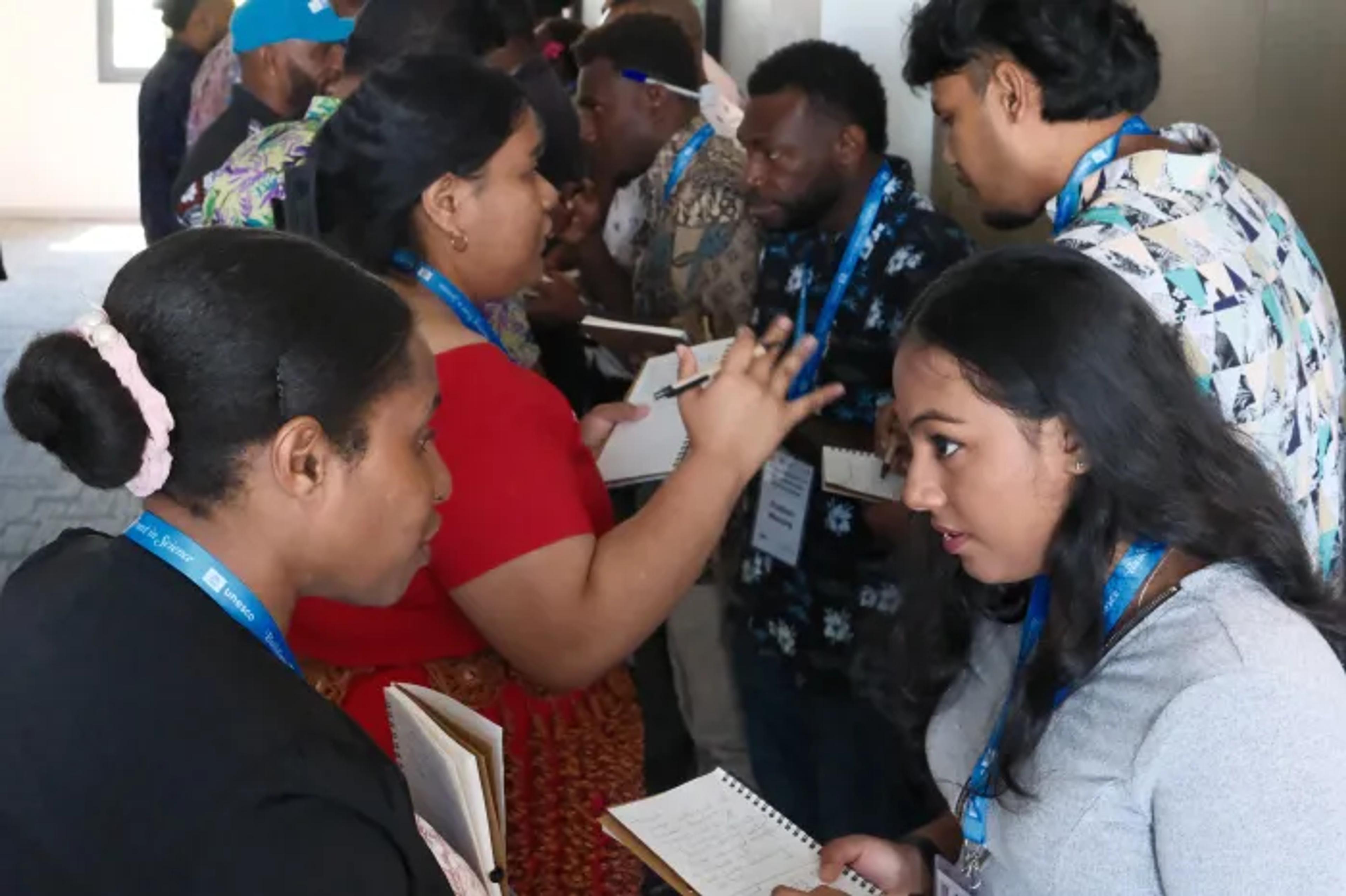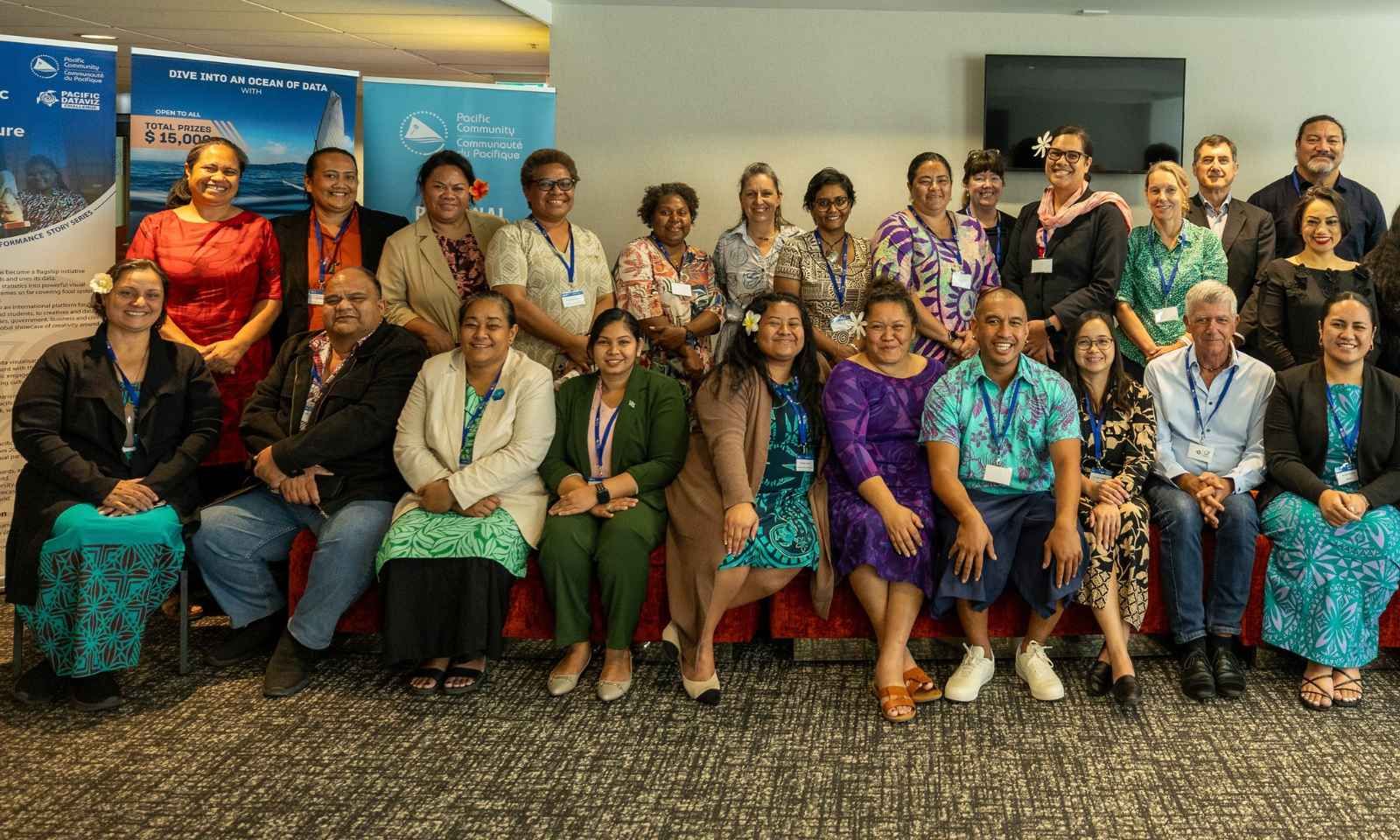

The event brings together the most senior officials responsible for statistics and planning from across the Pacific region.
Photo/Supplied
‘The region needs to care about statistics’: Expert on tackling inequality through data
As leaders meet in Wellington for one of the region’s biggest statistics conferences, Peter Ellis says improved data is essential for development.


Pacific umpires shine as netball pathways reveal strong showing in 2025


Pacific creators take centre stage as Matangi and Savali dominate 2025 TikTok Awards


Pacific umpires shine as netball pathways reveal strong showing in 2025


Pacific creators take centre stage as Matangi and Savali dominate 2025 TikTok Awards
The top statistics and planning minds of the Pacific are in Wellington this week for the seventh Heads of Planning and Statistics (HOPS) event, where they hope to approve new strategies to improve data collection in the region.
Speaking to PMN News, Peter Ellis, director of the Pacific Community’s (SPC) Statistics for Development division, says the new approach addresses the unique needs of individual Pacific countries, focusing on the data needed and how it will be prioritised.
Ellis points to other meetings being held at the event, which aim to explore innovations that apply modern data science methods to the challenges faced by Pacific nations.
“One great example comes from Vanuatu, where we’ve just been hearing how the World Bank funds an experiment which combines amazing satellite imagery through Digital Earth Pacific, which comes from SPC, with their own census and agricultural data on the ground,” Ellis says.
He says the experiment has created a comprehensive database that includes information on housing quality, agricultural production, and terrain type.
“This means that when a disaster happens and they expect to get a Category Five cyclone every year, when it happens, they’ll have all this information at their fingertips and use technology to predict where the best assistance is needed.

Peter Ellis brings more than 20 years of leadership experience in the public sector and consultancy, in Australia, New Zealand and Timor-Leste. Photo/Supplied
“So that’s an example of the sorts of innovations we’re looking at and trying to learn the lessons from and see how we can encourage other countries to take up that sort of technique.”
This year marks the first time the conference is being held in New Zealand, co-hosted by the SPC and Stats NZ, with financial support from the Ministry of Foreign Affairs and Trade.
The event bring together more than 40 leaders from national statistical systems and planning agencies in over 20 Pacific island counties and territories, along with expert partners from Pacific and international organisation.
Listen to Peter Ellis' full interview below.
Stats NZ Deputy Chief Executive for Strategic Engagement, Māori Partnerships and Data Capability, Tia Warbrick, says the event is an opportunity to share information and discuss common challenges.
“It’s an incredibly important focus. Strong and connected data systems are vital in addressing the challenges we face in the Pacific, from demographic shifts to climate change or economic uncertainty,” Warbrick says.
“Although acknowledging the different challenges each island faces, Ellis says staffing shortages continue to be a common factor.”
He points to Papua New Guinea’s remoteness, mountainous terrain, poor communication systems, and its 800 different language groups as barriers to getting the specialist technical skills needed in statistics, computer science, and data science.

Attendees of the seventh Heads of Planning and Statistics meeting being held in Wellington. Photo/Supplied
“That you really need to do modern statistics so one of the major themes in the work which we try to do to support each other is look at how we can now work on capability building to ensure that those capacity needs are met,” Ellis says.
He also touches on the launch of the Pacific Gender Outlook report, the first region-wide analysis measuring gender equality across all 17 Sustainable Development Goals.
He says the report shows promising results in education but paints a stark picture of violence against women and female underrepresentation in politics.
“So, I would say that's why the region needs to care about statistics is because it's how we know where we're going and how we all take the decisions that are going to improve our lives.”